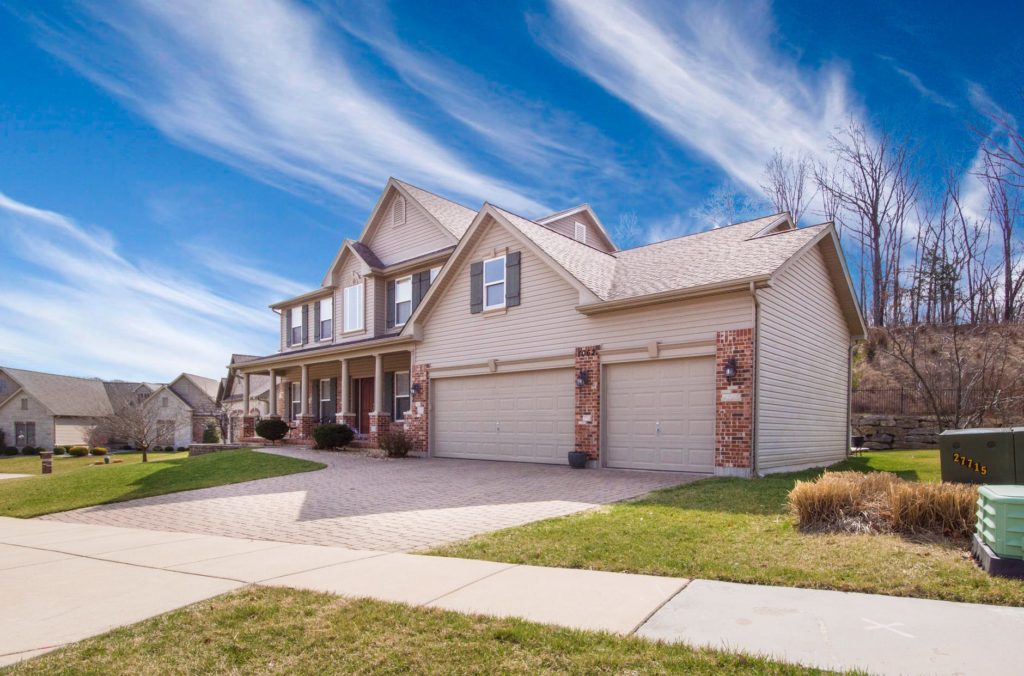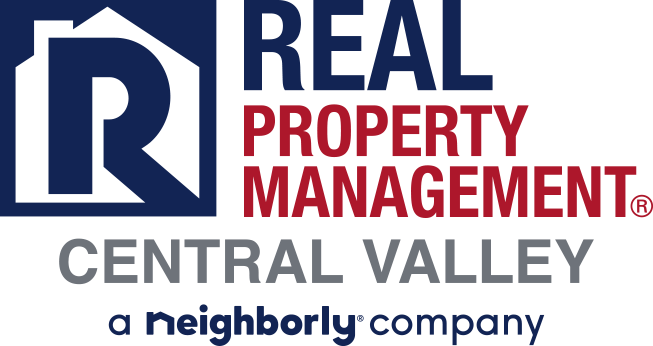Why Buying Cheap Homes Won’t Make You Money

New real estate investors often get infatuated with the idea of the passive cash flow that real estate can bring in. So it’s not surprising when you see many new investors throw caution to the wind to chase cash flow and end up buying super cheap homes (in oftentimes questionable areas) thinking they will reach their investing goals faster.
Why Not Buy Cheap?
What qualifies as a “cheap” home?
That answer differs from market to market and based on investor perspective.
For the purpose of this exercise, let’s entertain the scenario I often see in the forums, where a new investor posts they have bought a Midwest market home for $40,000 that rents for $700.
But buying cheap homes often violates the four tenets of conservative investing: capital preservation, cash flow, appreciation, and tax benefits.
Cheap houses tend to:
- Be in areas of town that are most likely on the decline rather in the path of progress, impacting your tenant options, ability to protect your capital, and overall appreciation possibilities.
- Have higher tenant turns and higher turn costs due to lower pride of ownership, thus impacting your cash flow (the very reason you might have bought the cheap home to begin with!).
- Have higher CapEx/maintenance costs in relation to the rents, again impacting your cash flow. It’s not like a roof or water heater costs any less because it is a less-expensive home, so you have to set aside more of your rent to prepare for these costs, thus eating into the cash flow you thought you were getting.
- Be harder to insure for a reasonable cost, since the cost to replace the property is often much higher than the actual value of the property. If you can get lending, the home is taking up a valuable lending spot, and the tenant is paying down less debt for you.
- Have fewer exit strategies due to fewer qualified buyers at that price point, thus putting your initial capital at risk if you can’t sell the property.
- Make it harder (or impossible) to secure lending, since banks have a minimum up loan amount they will underwrite. As a result, when you buy all-cash this can slow your velocity of money and expose your capital to greater risk by owning the property all in cash.
- Have lower depreciation, impacting your ability to use one of the most powerful tools of real estate to keep your cash flow tax-free, especially if you purchased all-cash.
Again, what qualifies as a “cheap house” is all relative. For my investing strategy, I like C+ to B-class homes, in stable or desirable areas, that have an ARV of $100,000+. For another investor, my property may be a “cheap house!”
What To Do Instead
Before you commit to this strategy of investing, step back and take a moment to follow the steps below to build a comprehensive investing plan.
- Take a deep introspective look to understand:
- Your true investing goals. Do you need cash flow, equity growth, or a balanced approach of both?
- What investing strategies line up with your investing goals?
- What kind of time can you dedicate to your investing plan? Just like any business, it can take quite a bit of work to get your real estate plan off the ground.
- Research your markets/submarkets that will tip the investing cards in your favor and that you can afford to invest in. Look for markets where there is:
- Population growth
- Job growth
- Job diversity
- Income growth
- Affordability (asset prices and rents)
- Once you have narrowed your market and submarkets, pick two to three to do a deep dive analysis of the various assets that meet your investing goals.
These three steps are the three toughest steps to get right in real estate and are the steps that many investors shortcut. Once you have these three steps dialed in, then you are off to the races to set up your team, build your deal funnel, and start making your deals and homes happen.
Wrapping Up
This isn’t an exhaustive list of all the steps you need to get started to investing in real estate, but it is a great start to building a plan to keep you out of one of the most common pitfalls new investors face: the temptation to buy super cheap investments.
Contact RPM Central Valley
For more property management tips, or to speak with us about the services that we can offer you, contact us today at (209) 572-2222 or click here to connect with us online.
